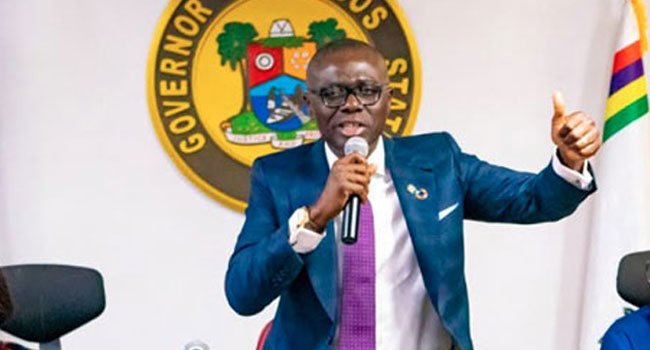The Lagos State Government and its agency, Lagos Internal Revenue Service (LIRS) have said the state’s Internally Generated Revenue grew by 7, 400% between 1999 and 2021.
It also called for increased nationwide voluntary tax compliance at the 149th Joint Tax Board Meeting held at Eko Hotels and Suites, Victoria Island, Lagos.
The JTB meeting is a quarterly conference of chairmen of inland revenue service from the 36 states of the federation and the FCT to appraise performance and deliberate on tax issues at various levels of government across the country.
The Governor of Lagos State, Mr. Babajide Sanwo-Olu, who was represented by the Commissioner for Finance, Mr. Rabiu Olowo, at the opening ceremony of the two-day meeting, said Lagos remains the largest contributor to national non-oil revenues, by way of corporate income taxes, VAT, customs duties, and port charges, among others.
He said: “This is to be expected from the sub-national entity that is the most populous in the country and is also the biggest commercial hub.
“However, in the subsequent re-distribution of resources, we do not see any reflection of the contribution of Lagos State.
“Our share in this redistribution fails to take into account the demographic and infrastructural burdens and pressures that accompany being the economic nerve-center of the nation.
“I am pleased to let you know that Lagos State has grown its IGR from N600m monthly in 1999 to over N45bn monthly as of today, an astounding increase of 7,400%.
“It all began with ensuring the foundational autonomy of the LIRS, which the Lagos State Revenue Administration Law, 34 2006 helped achieve.”
The Executive Chairman of LIRS, Mr. Ayodele Subair, stated that the tax models applied in major countries of the world with a high level of compliance have been difficult to replicate in Nigeria because all the phenomena that make it a success are not available in Nigeria.
Subair said the models include the existence of high levels of literacy of taxpayers and efficient data processing systems which would aid detection of fraud and high levels of trust between Government and the people.
He said: “However, effort is being made by all tax authorities to improve on the ease of doing business and simplification of tax administrative processes which will in turn significantly advance the tax compliance levels within the country.
“In order for the government to provide the necessary infrastructures to aid growth and development there has to be co-operation by all stakeholders which would in turn occasion a shift in the way and manner by which tax is administered and ultimately sustain or increase tax revenue for the state.
“Therefore, taxpayers must avail themselves of the quid-pro-quo of taxation. They must remember that paying tax is not a mere civic obligation as some misinformed commentators would have it but a mandatory legal one.
“As administrators, we must ensure that our mandate is carried out effectively and efficiently without fear or favour. We must ensure that all assessments are justifiable and guarantee that due process is followed in our statutory functions.”













